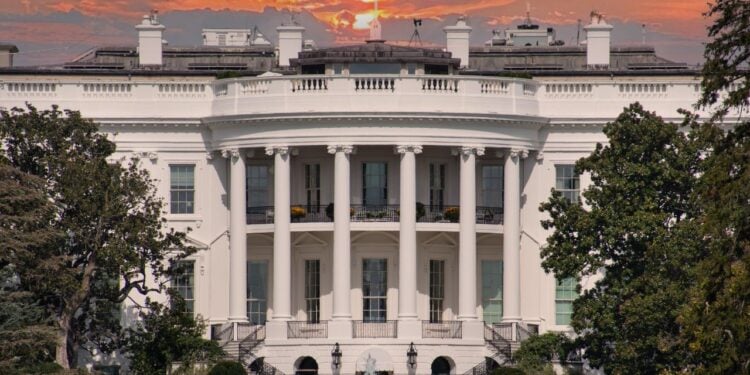A federal judge in Texas has blocked an overtime rule from the Biden administration that would have expanded eligibility for overtime pay to an estimated 4 million salaried workers across the United States.
U.S. District Judge Sean Jordan ruled Friday in favor of the state of Texas and a coalition of business organizations, arguing that the Labor Department exceeded its authority by prioritizing wages over job duties when determining eligibility for overtime, according to AP News.
Under federal law, hourly workers are entitled to overtime pay for hours worked beyond 40 per week.
However, many salaried employees are exempt from this rule unless they meet specific income thresholds.
The Labor Department’s proposed new rule, finalized earlier this year, would have increased the salary threshold for overtime eligibility from $35,568 to $43,888 as of July 1, with plans for a further rise to $58,656 in 2024.
The change was expected to extend overtime protections to an additional 4 million workers, primarily in executive, administrative, and professional roles, as well as to nearly 300,000 higher-paid workers through a separate threshold adjustment.
However, the court’s decision means that the previous salary threshold of $35,568 — established under the Trump administration in 2019 — will remain in effect.
The decision is a significant setback for the Biden administration’s efforts to expand labor protections for salaried workers. Acting Secretary of Labor Julie Su had championed the new rule, calling it a step toward addressing wage inequality and ensuring that workers doing similar jobs to their hourly counterparts are compensated fairly.
At the time the rule was finalized in April, Su emphasized that it was “unacceptable” for lower-paid salaried workers to be excluded from overtime protections, especially as the cost of living rises.
However, business groups, including the National Retail Federation (NRF), argued that the rule would impose significant costs on employers and lead to job cuts or reduced hours for workers. NRF Executive Vice President David French warned that the rule would limit retailers’ ability to offer flexible, competitive benefits packages to lower-level exempt employees.
The Labor Department has not yet indicated whether it will appeal the decision, which was made by Judge Sean Jordan, a Trump appointee. It remains unclear whether the department will pursue further legal action or revise the rule to meet the court’s objections.
Friday’s ruling mirrors a similar legal challenge that blocked an Obama-era overtime pay rule in 2016. The rule, which also sought to raise the income threshold for overtime eligibility, was overturned by a federal judge after facing intense opposition from business groups and Republican lawmakers. The Trump administration later introduced a more modest increase in the salary threshold, marking the first adjustment since 2004.
Advocates for expanding overtime pay have long argued that the current thresholds are too low and that millions of salaried workers are being denied overtime pay despite working long hours.
While Friday’s ruling deals a blow to efforts to increase pay protections for salaried workers, it is unclear whether the Biden administration will continue to pursue changes or focus on other labor-related reforms.
For now, the 2019 threshold of $35,568 will remain in place, and many workers who were hoping for a pay boost and overtime protections will have to wait and see how future legal challenges unfold.
















